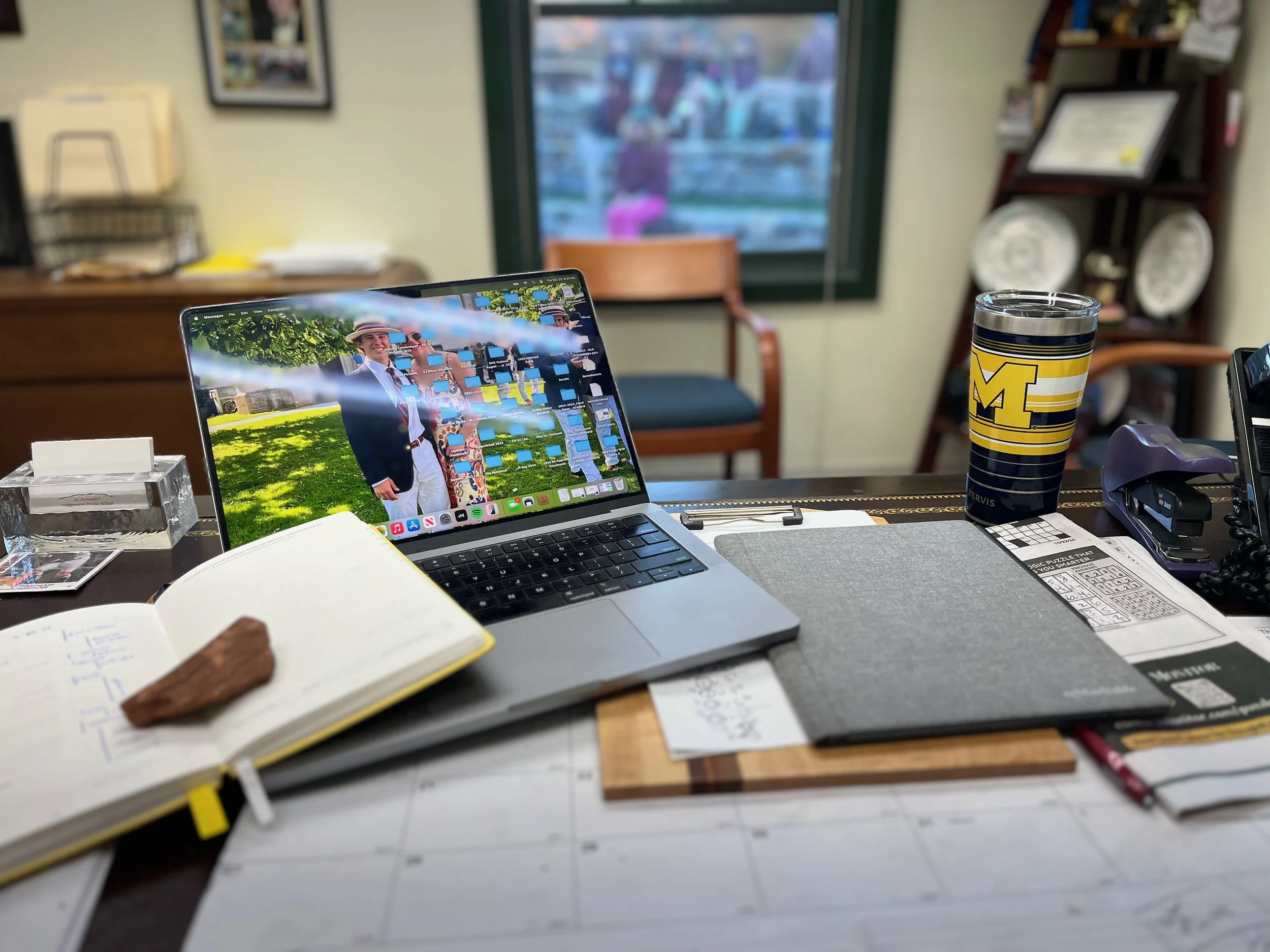Last week I was touring colleges with my son, and we visited a school that had a thing called a “Speaking Tradition.” Simply, there is a tradition that people will say hello to one another as they walk about the campus. We walked about the campus quite a bit throughout the weekend, and it was not just some tour guide chatter, students were not buried in their phones or gazing at their shoes, they would greet others – almost always by making eye-contact, and with a smile. It may not be a grand gesture, but it was enough to make clear that this college valued community.
Whenever I experience something I really appreciate at a different institution, I always try to imagine how I can implement something similar in a way that fits BHS. While our campus is far too small to implement something like a “speaking tradition,” we can always try to be aware of how the small things really matter. Things like holding doors, saying please and thank you – in other words, consistent, authentic gestures of thoughtfulness go a long way in making a community truly inviting and inclusive.
I shared this idea with the community this past Friday morning. To help make my idea stick, I brought a 50 pack of Dunkin’s Munchkins in, and following Community, I let students take one – just one. I asked them to consider how nice it was to get just that little taste of sweetness. I asked them to consider that every time that they do little things like holding a door or saying hello, they are providing just a little bit of sweetness in the lives of others – like the little joy of a munchkin.
Not a single student asked if they could have more, and after they made their way to class there were a handful of munchkins left in the box. Several thanked me, and I watched as kids held the door. I know that The Beech Hill School is a very kind and warm community – hopefully as we continue to work being consistently thoughtful, we too will have a community that others will emulate.

